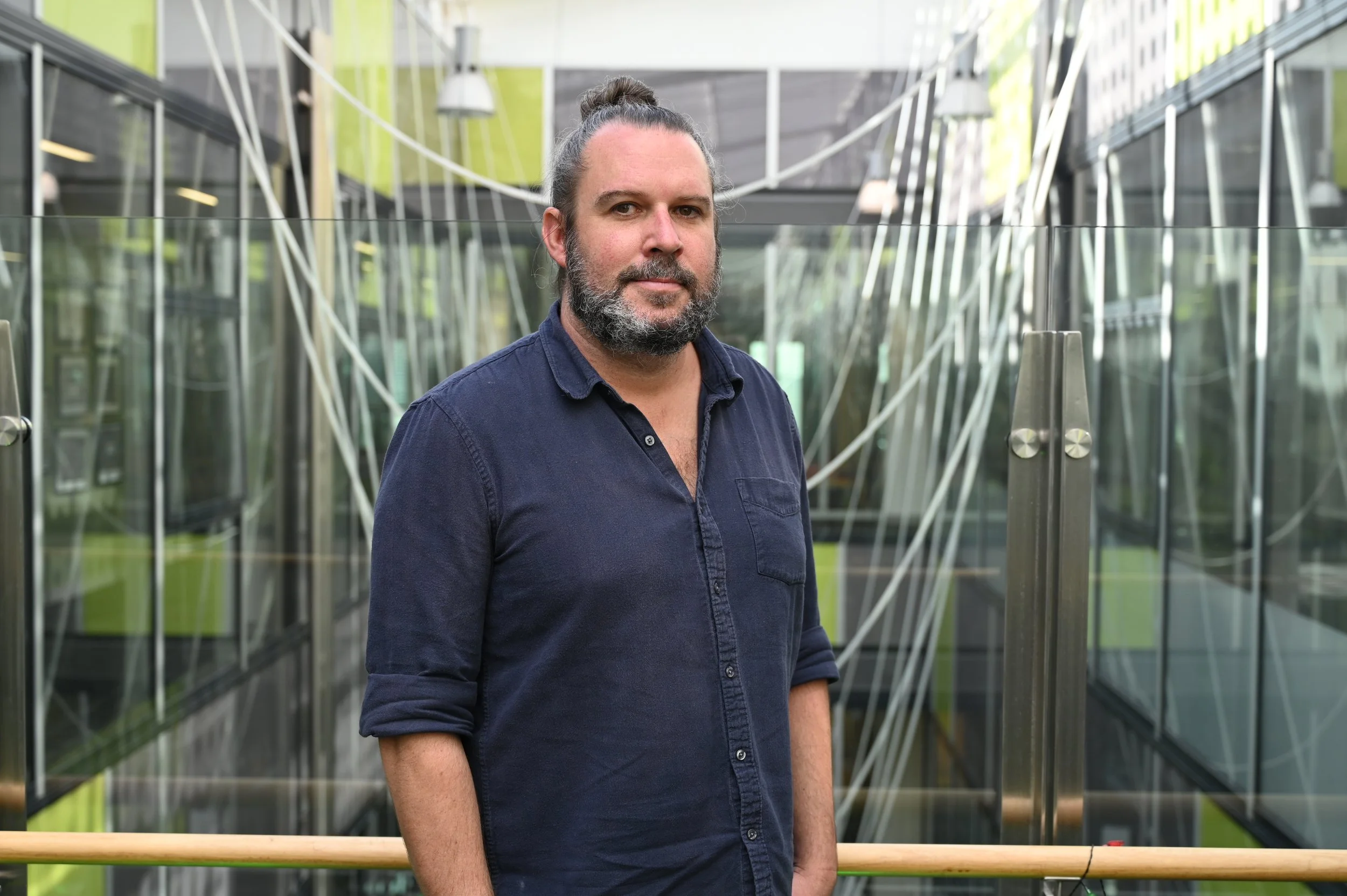A 20-minute Heart Health check could save your life
When it comes to heart disease, prevention is the best medicine.
Up to 90 per cent of heart disease is preventable, and something as simple as a 20-minute Heart Health Check with your GP could prove lifesaving.
With North and North-West Tasmania experiencing the highest rates of heart disease in Australia, Launceston GP Dr Toby Gardner said early intervention was crucial to reducing a person’s risk.
“We think an ounce of prevention is better than a tonne of cure,” he said.
“So, anything we can do to intervene early help keep people out of the Angio (Angiography) Suite and off the table having bypass grafts, is surely a better way of improving quality of life long-term.
“If we can intervene early, often with low-risk interventions and minimal changes to someone’s lifestyle, we can make huge improvements down the line to their quality of life and reduce their risk of a heart attack or stroke.”
A Heart Health check helps determine a person’s risk factors for heart disease and estimates how likely they are to have a heart attack or stroke in the next five years.
The visit usually involves having your blood pressure, cholesterol and blood sugar levels checked.
Your GP will also talk to you about your medical and family history, as well as lifestyle factors including exercise, alcohol intake, weight, smoking and nutrition.
Once these factors are determined, a heart health calculator is used to determine if a person is at a low, moderate or high-risk of having a heart attack or stroke.
Depending on your circumstances, your GP will then help develop a plan to help reduce your risk.
You might also be referred to a dietitian or a cardiologist, depending on your results, or prescribed medication to lower blood pressure or cholesterol levels.
If you are 45 and over, and don’t already have heart disease, you are eligible for an annual Heart Health check under Medicare.
Aboriginal and Torres Strait Islander Peoples are eligible from the age of 30.
Heart Health Checks are covered by Medicare and are free at practices that bulk bill this service.
With up two Tasmanians dying, on average, every day as the result of heart disease, Dr Gardner said many people may not understand they are at risk.
“We know about 90 per cent of heart disease is linked to preventable or modifiable risk factors,” he said.
“So, if we can influence some of those modifiable risk factors, we can make a direct impact on decreasing rates of heart disease in our Tasmanian population.”

